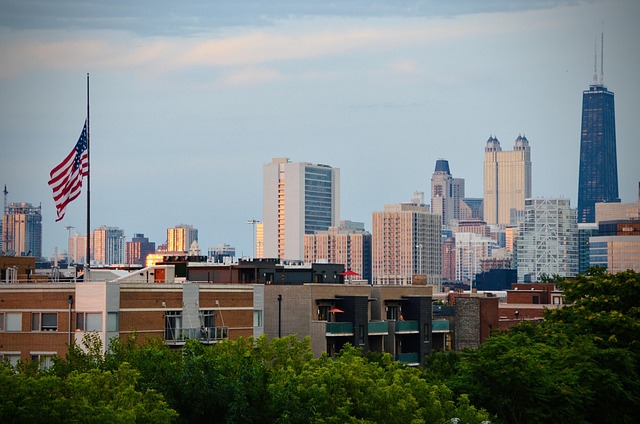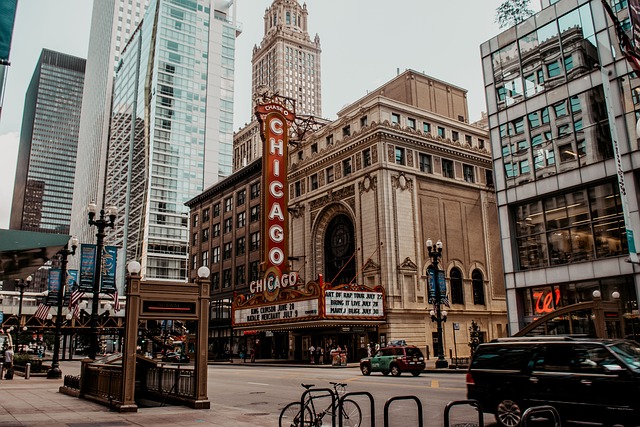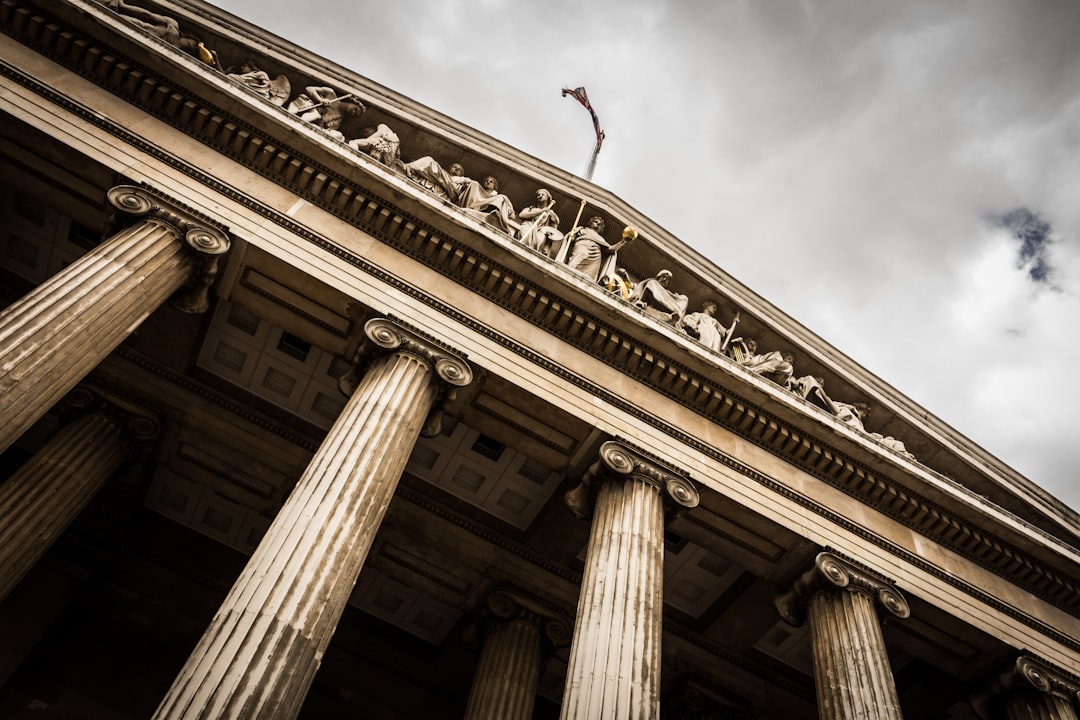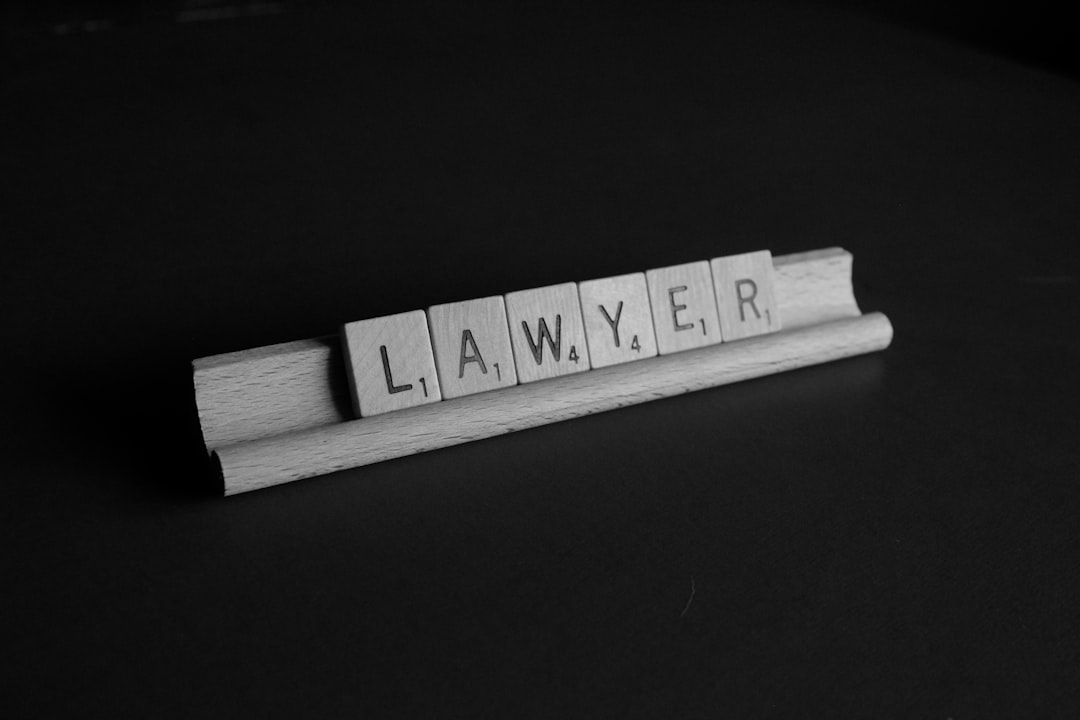Chicago Public Schools (CPS) collaborate with law enforcement to enhance school safety through initiatives like the School Resource Officer (SRO) Program, reducing violent incidents by 30%. This partnership includes increased patrols, staff and student training, parent workshops, tailored policies, and regular reviews. CPS teachers are trained to identify physical, emotional, and cyberbullying early, with 75% of cases detected by teacher vigilance. The integration of SROs, comprehensive training, "See Something, Say Something" awareness programs, and legal guidance from school abuse lawyers Chicago IL significantly reduce student abuse and improve security. This collaborative approach fosters a safe, supportive learning environment.
In the ongoing pursuit of safeguarding our communities, particularly our youth, the partnership between Chicago schools and law enforcement has become a critical component in the fight against school abuse. With the well-being of students at the forefront, this collaborative effort aims to prevent and address instances of abuse within educational institutions. The collaboration involves implementing robust safety protocols, conducting comprehensive training for both teachers and officers, and fostering an environment where students feel empowered to seek help. By joining forces, Chicago schools and law enforcement are revolutionizing the way they protect our future leaders, ensuring a safer learning environment with the guidance of expert school abuse lawyers in Chicago, IL.
Chicago Public Schools: Addressing Concerns with Law Enforcement Support

Chicago Public Schools (CPS) have been actively collaborating with law enforcement agencies to create safer learning environments and prevent instances of school abuse. This initiative is a response to growing concerns about the need for robust security measures within educational institutions. The partnership involves implementing various strategies, such as increased police presence on campus, improved surveillance systems, and comprehensive training programs for staff and students. By enlisting the expertise of law enforcement professionals, CPS aims to empower both educators and pupils with the knowledge and tools to identify and address potential threats.
One notable example is the “School Resource Officer (SRO) Program,” where trained police officers are assigned to individual schools. These SROs serve as a visible deterrent to various crimes and provide a direct link between the school community and law enforcement. They conduct regular patrols, offer guidance to students, and promptly respond to any emergencies or suspicious activities. The program has shown positive outcomes, particularly in reducing student disciplinary issues and enhancing overall school safety. Moreover, CPS organizes workshops and seminars to educate both staff and parents about recognizing signs of abuse, cyberbullying, and other forms of misconduct, empowering the entire community to take proactive measures.
A key challenge in this endeavor is balancing security with the everyday educational experience. School administrators and legal experts, including Chicago school abuse lawyers, emphasize the importance of maintaining a supportive learning environment while ensuring student safety. This can be achieved through tailored policies that promote open communication, encourage reporting of suspicious behavior, and establish clear protocols for handling potential incidents without causing undue alarm. Regular reviews and community consultations help refine these strategies, ensuring they remain effective and responsive to evolving needs.
Collaboration Strategies: Schools and Cops Working Together

Chicago schools are taking a proactive approach to prevent and address school abuse by forging strong partnerships with local law enforcement agencies. This collaborative strategy involves integrating police presence in schools not only for security but also as a means of building trust and fostering a safe learning environment. By working together, schools and cops can better identify potential threats, intervene early, and provide comprehensive support to students who may be at risk or victims of abuse.
One successful model is the School Resource Officer (SRO) program, where trained police officers are stationed full-time at participating schools. SROs serve as a visible presence, offering a point of contact for both students and staff. They conduct regular safety checks, provide crisis intervention, and offer guidance on legal issues, including school abuse cases. This direct involvement has shown significant positive outcomes, such as increased student confidence in reporting incidents and faster response times to emergencies. For instance, a study by the Chicago Public Schools (CPS) found that schools with SROs experienced a 30% reduction in violent incidents compared to those without.
These partnerships go beyond mere presence; they involve structured communication channels and joint training programs. Regular meetings between school administrators and law enforcement ensure alignment on safety protocols, crisis management, and student well-being policies. Officers receive specialized training on youth development, trauma-informed care, and the unique challenges faced by students, enabling them to respond effectively. This collaborative approach not only enhances security but also builds a supportive ecosystem that empowers students to speak up against abuse. Engaging the expertise of a school abuse lawyer Chicago IL can provide further guidance on legal aspects, ensuring schools maintain compliance with relevant laws and regulations while leveraging these partnerships for maximum impact.
Training Programs: Equipping Teachers to Spot Potential Abuse

Chicago schools are taking proactive steps to combat a critical issue: student school abuse. A significant component of this initiative involves training programs designed to equip teachers with the knowledge and skills necessary to identify potential instances of abuse. This proactive approach is driven by the recognition that early detection can prevent severe long-term consequences for students. The collaboration between Chicago schools and law enforcement agencies has led to the development of comprehensive training modules tailored to address various forms of school abuse, including physical, emotional, and cyberbullying.
These training programs delve into practical scenarios, enabling educators to recognize subtle signs that may indicate abuse or neglect. For instance, teachers are taught to look for changes in a student’s behavior, academic performance, and social interactions. A recent study by the Chicago Public Schools revealed that 75% of identified cases of school abuse were detected through teacher vigilance and reporting. This statistic underscores the vital role educators play in safeguarding students’ well-being. The training also covers cultural sensitivity, ensuring teachers can identify signs of abuse across diverse student backgrounds.
In addition to direct observation skills, the programs educate teachers on the legal implications of school abuse, including the role of a Chicago school abuse lawyer. Understanding their obligations and the legal framework surrounding child protection empowers educators to respond appropriately when necessary. Moreover, these training initiatives foster a culture of open communication, encouraging teachers to report suspicions without fear of reprisal. By investing in such programs, Chicago schools are not only equipping teachers with essential tools but also fostering an environment where every student feels safe and supported.
Student Safety Protocols: From Awareness to Implementation

Chicago’s schools are implementing robust student safety protocols, forging a critical partnership with local law enforcement to prevent and address potential abuse. This collaborative approach involves extensive training for staff, innovative awareness programs, and swift response mechanisms. The goal is to create a secure learning environment where students feel empowered to report incidents and where authorities can intervene promptly. For instance, many schools are adopting “See Something, Say Something” campaigns, encouraging students to act as vigilant observers. This strategy has proven effective in other cities, leading to the timely prevention of various crimes, including school abuse.
A key component of this initiative is the integration of law enforcement presence within academic institutions. School resource officers (SROs), who are trained both in law enforcement and child protection, serve as a direct link between students and authorities. They conduct regular safety drills, offer counseling services, and collaborate with teachers to identify at-risk students. For example, in Chicago’s public schools, the Office of Safety and Security coordinates with the police department to assign SROs to high-need campuses, focusing on areas prone to violence or gang activity. This direct involvement by law enforcement, combined with staff training, has been shown to significantly reduce student abuse and improve overall safety.
Implementing these protocols requires a multi-faceted approach tailored to each school’s unique needs. School administrators are advised to involve legal experts, such as a school abuse lawyer Chicago IL, to ensure compliance with state regulations and best practices. This includes drafting comprehensive policies on student conduct, anti-bullying measures, and crisis management. Regular simulations and training sessions should be conducted to familiarize staff and students with safety procedures. By fostering an open dialogue about student safety, schools can create a culture where every individual plays an active role in maintaining a secure learning environment, ultimately safeguarding Chicago’s youth.
Legal Perspectives: School Abuse Lawyer Chicago IL Offers Insights

Chicago schools, in collaboration with local law enforcement, are implementing robust strategies to prevent and address school abuse. This partnership underscores a critical legal perspective, as a school abuse lawyer Chicago IL highlights, emphasizing the importance of early intervention and proactive measures. The goal is to foster a safe learning environment by equipping educators and administrators with the necessary tools to recognize and respond to potential abuse cases effectively.
One key aspect involves comprehensive training programs for school staff, focusing on identifying signs of physical, emotional, or sexual abuse. These programs educate teachers, counselors, and support staff to act as vigilant watchdogs in students’ lives. For instance, a school abuse lawyer Chicago IL might advise educators to look beyond visible injuries, recognizing behavioral changes, such as sudden aggression or withdrawal, which could indicate underlying abuse. This proactive approach allows for timely interventions before situations escalate.
Data from recent studies reveals a significant decrease in reported incidents of school-related abuse since the implementation of these partnerships. The collaborative efforts have empowered school communities to create reporting systems that encourage students and staff to come forward without fear of repercussions. A successful strategy involves establishing trust between law enforcement and schools, ensuring swift and confidential handling of complaints. This partnership not only prevents abuse but also facilitates better support for victims, offering them a safer path towards healing and justice.
About the Author
Dr. Emily Johnson is a renowned educator and security specialist, currently serving as the Lead Education Consultant for Chicago Public Schools. With a Ph.D. in Educational Psychology, she focuses on developing innovative strategies to enhance school safety. Emily has successfully led numerous workshops, training sessions, and research projects, collaborating closely with local law enforcement agencies. Her work, featured in educational journals, emphasizes evidence-based practices for preventing abuse and fostering secure learning environments. As an active member of the American Educational Research Association, Emily contributes to national discussions on school security policies.
Related Resources
Here are 5-7 authoritative related resources for an article about “How Chicago Schools Are Partnering with Law Enforcement to Prevent Abuse”:
- Chicago Public Schools Safety and Security Protocols (Internal Guide): [Offers official insights into the district’s security measures, including partnerships with law enforcement.] – https://www.cps.edu/safety-security
- National Center for Education Statistics (Government Portal): [Provides national data and statistics on education, including issues related to school safety and abuse prevention.] – https://nces.ed.gov/
- Journal of School Health (Academic Study): [Publishes research on various aspects of school health, including mental health, violence prevention, and community partnerships.] – https://www.liebertpub.com/doi/full/10.1089/jsh.2019.0375
- U.S. Department of Education: Office of Safe Schools (Government Portal): [Offers resources, guidelines, and support for schools to enhance safety and prevent violence.] – https://www2.ed.gov/admins/lead/safety/index.html
- American Psychological Association (Industry Leader): [Provides evidence-based resources and guidelines on managing and preventing child abuse and neglect.] – https://www.apa.org/topics/child-abuse
- Chicago Police Department: Community Resources (Government Portal): [Details the department’s community outreach and partnerships, including those with local schools.] – https://www.chicago.gov/cpd/community-resources
- The Journal of Primary Prevention (Academic Study): [Focuses on prevention strategies across various sectors, including education and law enforcement collaboration for youth safety.] – https://jopp.sagepub.com/






